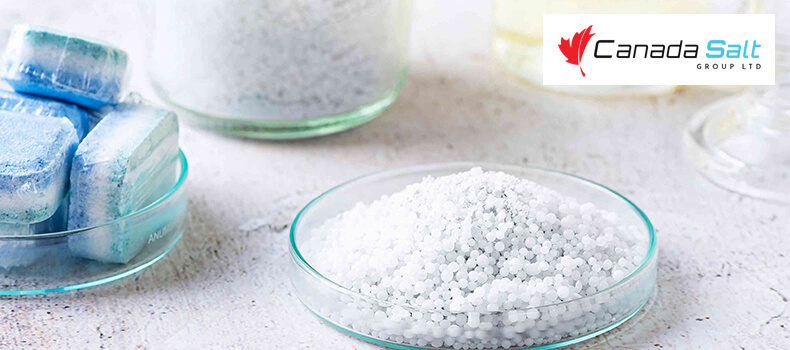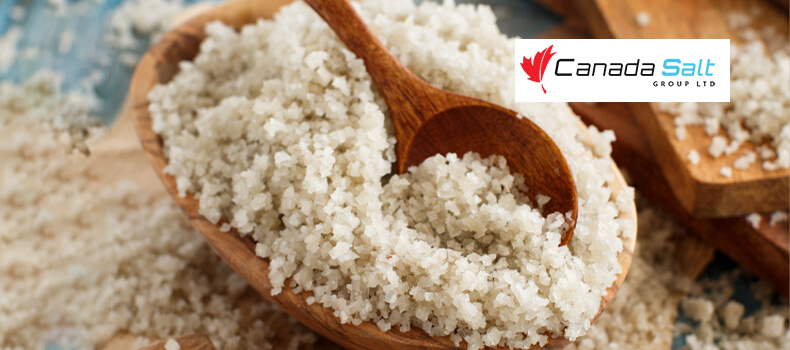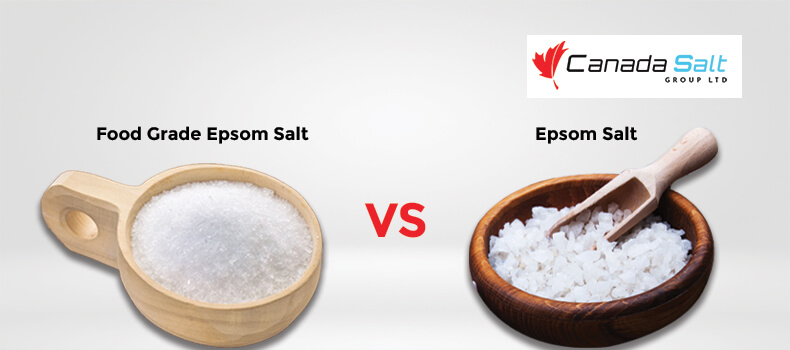Salt in the Chemical Industry
The biggest use of salt is undoubtedly in the chemical industry. Because it plays a major role in the chemical synthesis of more than 50% of chemical products, salt is one of the most important materials in the industry. Thousands of additional products, including glass, paper, rubber, textiles, etc., are also produced using it. In this article, we will look into the in-depth use of salt in the Chemical Industry.
Chlorine
One of the most common and abundant chemical elements on Earth is chlorine. It is a powerful disinfectant used to sanitize swimming pools and drinking water. Chlorine also contributes to medical and public safety advancements by improving daily life. In addition, even though chlorine isn’t present in the finished product, many chemicals, polymers, and pharmaceuticals depend on it during manufacturing.
Chlor-alkali products account for about 55% of European chemical production. About two-thirds of all chlorine is used to produce specific plastics like PVC, Poly-Urethanes, Epoxy-Resins, Teflon, and Neoprene, essential to the construction, automotive, electronics, and electrical industries. 85% of medicines, including those that save lives, and 25% of medical devices like blood bags, sterile tubing, heart catheters, prosthetics, and X-ray films depend on chlorine chemistry.
Caustic Soda
In many industrial processes, such as pulp and paper, detergent, and chemical processing, a caustic soda solution is used. Also, the petrochemical, textile, and alumina industries use it. Apart from these, there are other applications of caustic soda.
1. Demineralizing water, partial water softening, and bottle cleaning for beverages and drinking water.
2. Production equipment cleaning in the dairy industry and spinning solution preparation in the rayon industry.
3. In the pharmaceutical industry, caustic soda is frequently used to make several pharmaceuticals, including sodium lactate.
4. Caustic soda is used to refine and purify cooking fats and oils and produce starches and their derivatives.
5. It is also used in the petroleum sector in the process of deneutralization and refining.
Soda Ash
Soda ash is one of the three essential ingredients used to make glass since it lowers the melting temperature during manufacturing. Many sodium compounds, including sodium silicate, sodium bicarbonate, and sodium tripolyphosphate, are made from soda ash as a raw material. Additionally, soda ash is used in chemical pulp production by the pulp and paper industry.
Sodium Chloride
The success and safety of oil drilling operations are made easier by sodium chloride, also known as salt, a crucial ingredient in drilling mud formulas. Salt plays a critical part in the oil drilling process when creating drilling mud or fluid. A specialized fluid called drilling mud is employed in the oil drilling process to cool and clean the drill pipe, lubricate the drill bit, and regulate pressure inside the wellbore. Salt is added to the drilling mud for density control, viscosity adjustment and clay stabilization.
Potassium Chloride
During the oil recovery phase, drilling fluid or potassium chloride is employed. When drilling in materials like clay and slate sensitive to water, KCL is a soluble salt that works incredibly well as a slate stabilizer. Through ion exchange, inhibition occurs when the potassium ion enters between the separate clay particles in the slate, holding them together and removing water from the drilling fluid.
Salt in Metal Production
The salt is used in rotary melting furnaces during chemical reactions to stop slag fires. Slag, a byproduct of the smelting process used to purify metals, is difficult to remove if it starts to burn. The amount of salt used differs from material to material. Future-oriented businesses, including manufacturing aluminum, ferroalloys, minerals, refineries, and batteries, can all benefit from salt.
Water Softener Salt
Water softener salt removes the calcium and magnesium minerals, contributing to water hardness. When calcium and magnesium ions are present in the resin bead, sodium is used as an exchange ion to replace them. As a result, the resin traps the hardness minerals, which are then removed from the water. Hardness minerals ultimately cover the resin entirely. The regeneration procedure begins at this point, which entails immersing the resin in brine water to remove the hard minerals and flush them down the drain.
Thus, water softening increases the lifespan and efficiency of energy-intensive equipment. Thus, salt promotes the circular economy by cutting waste from malfunctioning equipment and reducing energy use.
Conclusion
In conclusion, salt is an important component of the chemical industry, acting as a catalyst in various chemical reactions and an essential raw material. Salt of high quality and reliability in the chemical sector will be more beneficial. Contact Canada Salt Group Ltd. if you’re seeking a reliable bulk salt supplier for your industrial needs. Our dedication to quality and excellent customer service makes us your reliable partner in meeting your salt needs. Contact us for more details and a free quote.





